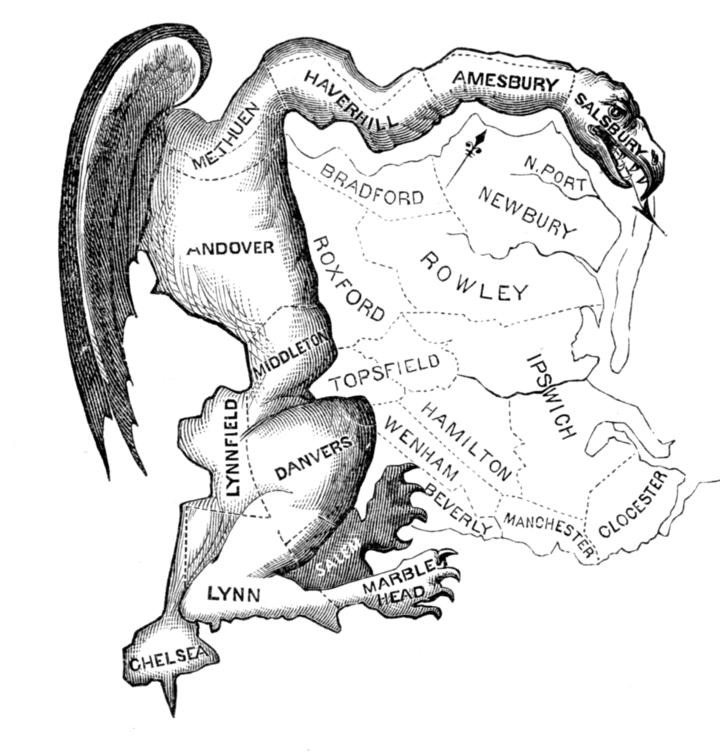Virginia Policy Review 95 Political Revolution or Incrementalism? The Battle for the Soul of the Democratic Party2 By Eric Ramputh In the months leading up to the 2020 Democratic Presidential Primary, former President Barack Obama, the man responsible for decisive democratic victories in 2008 and 2012, conveyed a stark warning to his party’s field of candidates. In remarks given to the Democracy Alliance, an influential group of democratic donors, President Obama emphasized “this is still a country that is less revolutionary than it is interested in improvement, they like seeing things improved. But the average American does not think that we have to completely tear down the system and remake it. And I think it’s important for us not to lose sight of that” (Sullivan, 2019). Succinctly, the former president conveyed a view of political change shared by tens of millions of Americans across the political spectrum, while also inserting himself, at least momentarily, into the ideological debate that has engulfed the Democratic Party since its devastating defeat in 2016. The central question of this debate is straightforward. Should the Democratic Party remain committed to an incremental approach to politics, or should it embrace a wave of progressivism fueled by ideas unrivaled by even The New Deal? The answer to this question, like many that come about in a presidential election year, will not be definitively answered until a Democratic candidate accepts their party’s nomination for president on July 16, 2020. Nevertheless, with the ultimate goal of ejecting President Donald Trump from the White House, Democrats cannot risk a second term of the Trump presidency on an ideological shift that has failed to resonate throughout large swaths of the electorate and country. Specifically, Democrats cannot rely on the potential general election candidacy of Senator Bernie Sanders to deliver the electoral coalition that is needed to defeat President Trump. Retracing a Path to Victory, and the Democratic Primary To win back the White House in 2020, Democrats will need to re-tread the path that they took during President Obama’s reelection campaign in 2012. That year, President Obama won in Florida, Ohio, Pennsylvania, Michigan, Wisconsin, and Virginia, guaranteeing an electoral victory with plenty of margin to spare (Murno, 2012). Conversely, in 2016, President Trump won election by achieving the slimmest of victories in crucial battleground states, flipping the previously democratic won states of Florida, Pennsylvania, Ohio, Michigan, and Wisconsin (Beckwith, 2017). In Pennsylvania, Michigan, and Wisconsin, the renown “blue wall,” then candidate Trump won by less than a percentage point in each state, defeating
This piece was written in February 2020, and has not been updated to reflect the Democratic Primary process. 2



